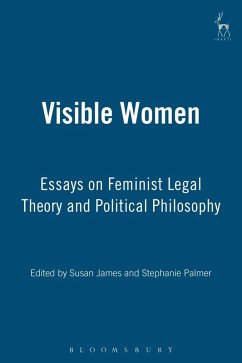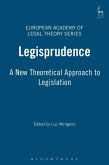How should feminist theories conceive of the subject? What is it to be a legal person? What part does embodiment play in subjectivity? Can there be a conception of rights which does justice to the social contexts in which rights claims are embedded? Is the way the law constitutes legal subjects a form of violence? These questions lie at the heart of contemporary feminist theory,and in this collection they are addressed by a group of distinguished international scholars working in law, philosophy and politics.
The volume, in which the concerns of one author are taken up by others, advances current debate on two interconnected levels. First, it contains original and ground-breaking discussions of the questions raised above. At the same time, it contains a more reflexive strand of argument about the intellectual resources available to feminist thinkers, and the advantages and dangers of borrowing from non-feminist traditions of thought. It thus provides an exceptionally rich examination of contemporary legal and political feminist theory.
The volume, in which the concerns of one author are taken up by others, advances current debate on two interconnected levels. First, it contains original and ground-breaking discussions of the questions raised above. At the same time, it contains a more reflexive strand of argument about the intellectual resources available to feminist thinkers, and the advantages and dangers of borrowing from non-feminist traditions of thought. It thus provides an exceptionally rich examination of contemporary legal and political feminist theory.
the feminism of Visible Women is first and foremost a feminism that seeks to keep women visible, without succumbing to the simplicity of earlier versions of the subject. It is a feminism that is unapologetic in its focus on women, while at the same time, engaging critically with the category itself. And it is a feminism that is unapologetically theoretical. It does not shy away from the critical and intellectual project of rethinking the foundational categories of feminism.Brenda CrossmanAdelaide Law ReviewJuly 2003









